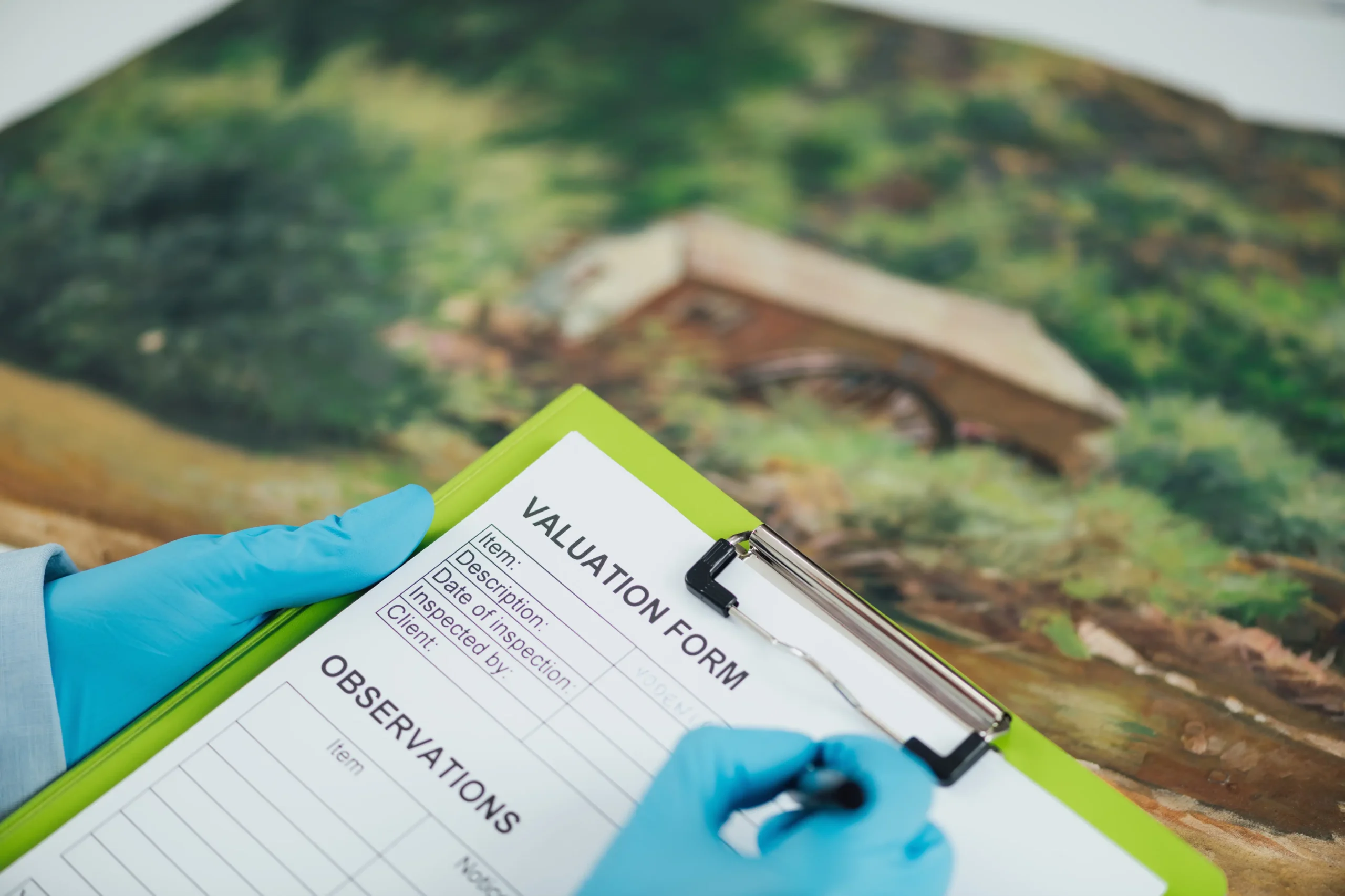Recently, this author attended a capital markets conference, one of the topics of which spoke to how Jamaica can monetise its cultural assets in areas such as music, sport, and entertainment. Perhaps fortuitously, the conference coincided with the buzz surrounding the Jamaican red-carpet premiere of the One Love film, which chronicles the life and career of Bob Marley, one of Jamaica’s biggest, most recognisable, and most valuable brands.
With the conference being focused on raising capital, the need to find ways for Jamaicans to extract value from their intellectual property (“IP”), whether copyright, trade marks, designs, patents, or other IP was highlighted. For investors, the question is “What is the value of IP?” For a brand like that of Bob Marley, the exponential value of the brand is clear, but for a yet-to-“buss” artiste with a catalogue of songs, what is the value to be given to that IP? How serious as a society are we about valuing IP?
Strides have been made, particularly with the Jamaica Intellectual Property Office (“JIPO”), to push conversations about taking the value of IP seriously. These conversations have included financial institutions accepting IP as collateral for loans. While a bank would be happy to take real estate or motor vehicles as collateral, there is hesitation toward accepting IP as a form of collateral. This may be because these institutions cannot see the value of the IP, should they need to call on that collateral in the event of a default. This is not an unreasonable position until, societally, the seriousness of IP as a valuable asset is established.
So, how do we get serious about the value of IP? This article wishes to offer a few very high-level suggestions.
- 1. Understanding what IP rights exist
There are various types of IP rights. Copyright protects works like novels, songs, plays, paintings, photographs, and videos. Trade marks are signs capable of distinguishing the goods and services of one undertaking from those of another undertaking, and include brand names and logos. Design rights protect, for example, the distinctive shape or model of a product, while patents deal with certain types of inventions that qualify for patent protection. Where an individual or business has any of these IP rights, these rights could, where exploited properly, gain extreme value.
- 2. Registering IP rights
Where an individual or business wishes to utilise its IP rights in a way that will bring value to that person or business, and also increase the value of the IP, one of the first steps will be registering the work, brand, etc. so that it is protected. Some IP rights, such as copyright may attach immediately as a work is created, whereas other IP rights like trade marks, may get the best protection from being registered. As a rule of thumb, registration is best. This means, in Jamaica, registering your songs or visual artwork, your logos, that unique shoe design, or that original invention with JIPO. Another benefit of registration is being able to establish ownership of the IP.
- 3. Noting IP as an asset
For individuals and businesses, if you do not look at your IP as an asset, it is likely no one else will either. Individuals and businesses should have their IP valued and ensure that this value is noted as an asset to that person or to that business. For business, IP should be noted in the financial statements of the business as an asset.
- 4. Keeping up with IP
It will not be enough to have IP, and not do anything with it if the aim is to make that IP valuable. In order to gain value, IP must be used and exploited. This involves everyday use of, for example, a logo. For other forms of IP, using and exploiting the IP may involve more activity, for example, promotion to drive listeners to a song, or readers to a book. IP rights may also be licensed or assigned which may increase their value, and provide some income to the IP owner. Additionally, individuals and businesses need to keep good records of their IP, and any valuation of the same, and ensure that any required registrations are kept up to date.
Getting serious about the serious potential value of IP will not happen overnight. It will be a process of shifting certain cultural norms of seeing IP as only an intellectual thing. It will involve having people take relevant steps to ensure that they are maximising the potential of their IP, which will take much effort and hard work, just like it took hard work for Bob Marley to build his mega brand. These steps can start with individuals and businesses recognising what IP they have, protecting that IP through registration and claiming ownership, recognising that their IP has a fiscal value and noting the same, and exploring ways to promote and exploit that IP in order to gain value for the individual or business, and the IP itself. Where we establish as a culture that intellectual property has value, and creative works are assets, then we can have more fruitful conversations on how to monetise those assets.
For advice on types of IP rights you may have, and questions on how to register and exploit them, you should consult with an IP attorney.

Lisa Rhooms is the Managing Partner at Grant, Henry & Rhooms, and the head of the firm’s Commercial Law Department. She may be contacted at lisa@ghrlegal.com or www.ghrlegal.com. This article is for general information purposes only and does not constitute legal advice. Should you wish to seek legal advice, you may schedule a free consultation with our offices.



